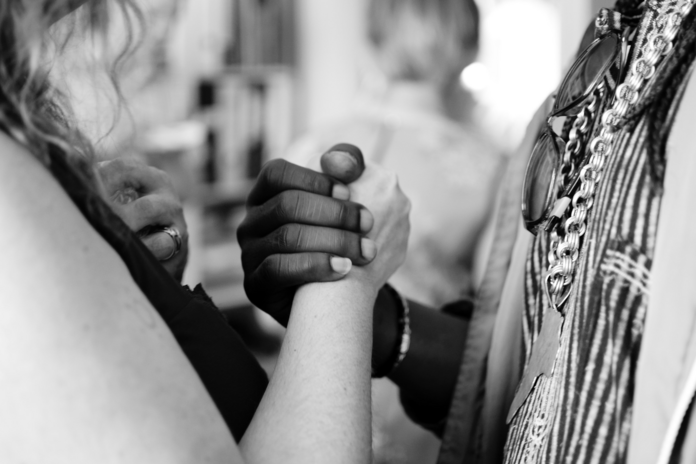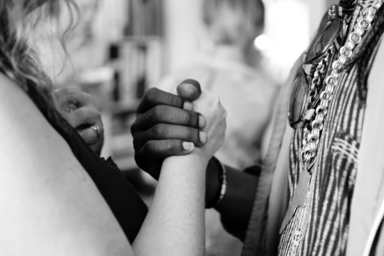Too many times, I’ve heard students, usually STEM majors but not always, complain about how surprisingly difficult their ethnic studies class was at UCSB. It’s a little infuriating and very insulting. What did they expect? It’s a college level course that discusses a wide array of topics from the dynamics between race and gender to histories of migration. I think the stigma of non-STEM related tracks being easy is largely at play when it comes to ethnic studies classes. When students label them as “easy” and “useless,” the value of these classes is diminished.
Ethnic studies classes are more than general education. They’re more than just an opportunity for students to experience diversity and feel more socially aware. Black Studies, Chicanx Studies, Asian American Studies, and the like are all rooted in histories of activism, revolutions, and overcoming adversity. People fought hard for the establishment of these classes in the 1960s and 70s. They were met by opposition at all levels of institutional power whether that be law enforcement, higher education administrators, or policymakers.
It’s important to note that the fight for many of these classes was done in solidarity of one another. Similar to the Civil Rights Movement, the fight for Black Studies classes and other ethnic studies classes was a fight for all people. It was a fight for rights. So, these classes are intersectional and interact not only with each other but also similarly marginalized discourse such as LGBTQ Studies, Poverty Studies, etc. It is important that these classes interact with one another because they often experience the same kinds of inequalities and are affected by the same institutions of power.
For students who identify with various ethnic groups, ethnic studies courses are an opportunity for them to learn more about their cultures. Students can share their own experiences and learn from those of peers and instructors. These classes also create a space for critical thinking and forward-thinking. One of my favorite parts about taking classes in the Black Studies department and pursuing a degree in the subject is how my classes address inequalities, issues of importance, and systems of oppression, but go an extra step by encouraging students to think about ways to challenge these aspects of society. In addition, Black Studies classes and scholars focus on finding solutions to community issues and deconstructing archaic ways of thinking to further improve the Black experience. I love being able to actively engage with untold or underrepresented histories by learning about the struggles of activists that came before me and then utilizing the skills I’ve developed to enhance my life and the lives of others,
For students who are not from underrepresented communities, these classes are also very important. Many students grow up never really knowing the adversities others face. These classes challenge students who do not identify with these backgrounds to acknowledge their privileges and use them to benefit others. It also allows them to realize some spaces are not meant to be centered on them but rather are an opportunity for them to sit back, listen, and support. This is not to say non-minority students should not participate in these classes, but part of checking your privilege is realizing minority students and students of color have not always had the designated space to voice their ideas and concerns, and ethnic studies classes are meant to allow this.
For privileged students who understand and accept this, I think these spaces also provide them with opportunities to engage with culture in a respectful way and learn about strong leaders who may not have been discussed in their schools or communities. For some, this can inspire their career goals, international study plans, or future class interests. Ethnic studies classes can open their eyes to a new scope of opportunities to get involved with and allow them to become allies. For others, it’s a chance to become well-rounded, build empathy, and understand the world from multiple perspectives.


